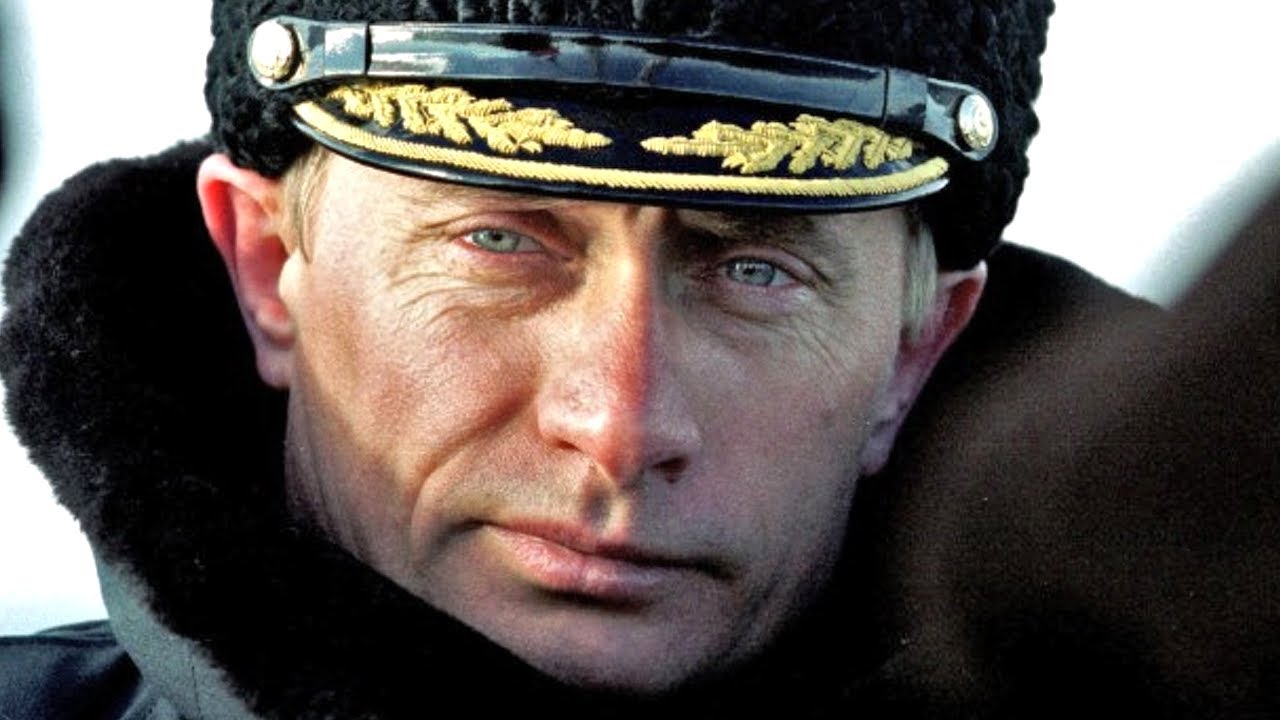It’s safe to say that Vladimir Putin is one of the most enigmatic (some would say ruthless) figures in the world today.
Putin became acting president of Russia in 1999 following the abrupt resignation of Boris Yeltsin. Today Putin is in his third term as president – despite the fact that Russia’s constitution once limited presidents to two terms. The Russian strong man remains busy expanding Russia’s regional footprint and global influence. (And perhaps chilling speech by using methods familiar to his Soviet predecessors.)
How did this guy get where he is?
Vladimir Vladimirovich Putin was born on Oct. 7, 1952, the third of three sons to Vladimir Spiridonovich Putin (a submariner in the Soviet navy) and Maria Ivanovna Putina (a factory worker). Putin’s brothers both died young—one during infancy and the other of diphtheria during the Siege of Leningrad—so young Vladimir grew up in Leningrad (today Saint Petersburg) an only child.
Putin’s father was a local functionary of the Communist Party and a true believer in communist ideals. He instilled in his son a love of Party and Country. But young Vlad was a bit of a loner. His biographer, Allen Lynch, describes him as an “impulsive, bossy,” child, “even a bully,” and notes that Putin was rejected from the Soviet Pioneers (the Soviet Union’s version of the Hitler Youth) on grounds of being “uncontrollable.”
Young Putin found solace in books—he liked reading, particularly spy novels—but he was a poor student, regularly receiving Cs in math and science. Then something happened.
When he was about 13, Putin, perhaps with the idea of one day becoming a spy, began to undergo a change. His grades improved. He began to excel in German and study music. The gangly child began to dedicate himself in sports, particularly judo. He became more confident.
This self-confidence was on full display when he decided to take his first step toward becoming a spy. At age 14, Putin did the unthinkable. Via Vladimir Putin and Russian Statecraft:
[In] the ninth grade, Putin approached the local branch of the KGB, asking for an appointment to discuss his career prospects. The receptionist put him in touch with a dutiful senior agent, who advised him to join the military or study law but in any event not to contact the agency again.
That very day Putin decided he would study law. About five years later, in 1970, Putin enrolled at Leningrad State University to study law (he did this over the objection of his parents, who wanted him to study engineering). He studied hard, excelled in martial arts, and joined the Communist Party (as he was required to do). Then, in his fourth year, the KGB contacted him and put him on a probationary track to join the notorious security agency. (The agency “had evidently been keeping tabs on Putin,” Lynch writes.)
In 1975, at age 22, Putin officially joined the KGB. And in some ways, he never left. “There is no such thing as a former KGB man,” Putin once quipped.
















Leave a Comment
Your email address will not be published. Required fields are marked with *